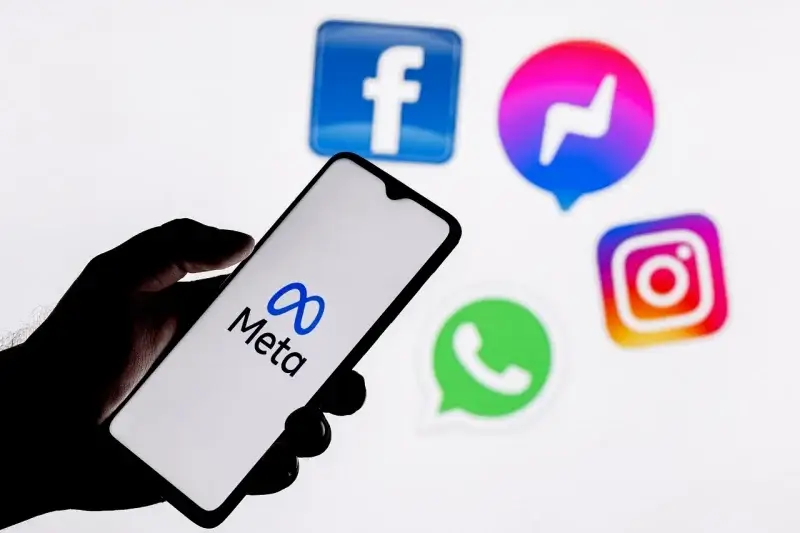Meta Platforms’ threat to pull Facebook and Instagram out of Nigeria could severely disrupt 56% of the country’s 39.6 million micro, small, and medium enterprises (MSMEs), according to experts in the tech sector. They warn such a move would slash tax revenues and push businesses toward expensive alternatives, as a $290 million fine dispute escalates.
The tech giant, already familiar with global regulatory issues—including a €1.2 billion GDPR fine in 2023 and a €200 million penalty under the Digital Markets Act in 2025—is now facing a legal showdown in Nigeria. Despite court rulings upholding fines from three regulatory bodies, Meta has refused to pay and is threatening withdrawal if forced to comply.
Industry stakeholders stress that Facebook and Instagram are essential tools for MSMEs in Nigeria. “Businesses that depend on Meta’s platforms would face immediate hardship,” said digital marketing consultant Olayinka Shobola. “Short term, they might shift to X or TikTok, but long term, survival will require investing in standalone e-commerce or offline sales.”
Meta’s platforms support thousands of direct and indirect jobs across marketing, tech, and creative industries. A shutdown would heavily impact Nigeria’s digital economy, which is expected to generate $148.2 million from social media ads in 2025—$120 million of which comes from Facebook alone.
“My shop lives on Instagram,” said Lagos-based baker Fatima Tunde. “If it disappears, so does my business.”
Despite Meta being among the most tax-compliant digital firms in Nigeria, regulators insist the company must comply with local laws. The Federal Competition and Consumer Protection Commission recently criticized Meta’s threat as a “pressure tactic,” pointing out the company has faced steeper fines in other countries without exiting those markets.
Some tech leaders have condemned both Meta and Nigerian authorities for putting livelihoods at risk. “Fines should encourage reform, not provoke exits,” said Abiola Jimoh, Co-CEO of XchangeBox. “Leaving a market like Nigeria sends the wrong message.”
Activists warn the fallout could harm not just businesses, but also grassroots communities. “These platforms are lifelines,” said Temitope Ogundipe of Techsocietal. “Losing access would silence vulnerable groups and cut off critical support systems.”

